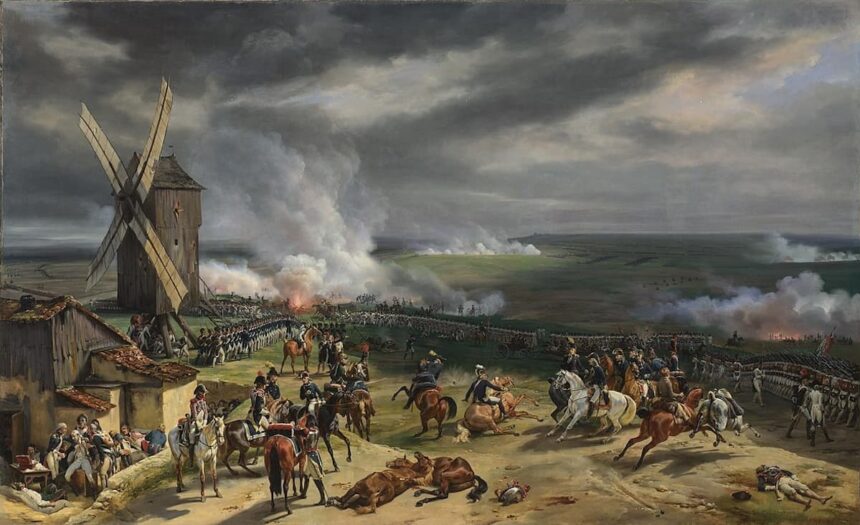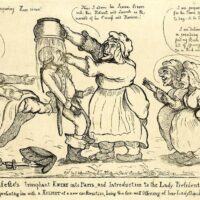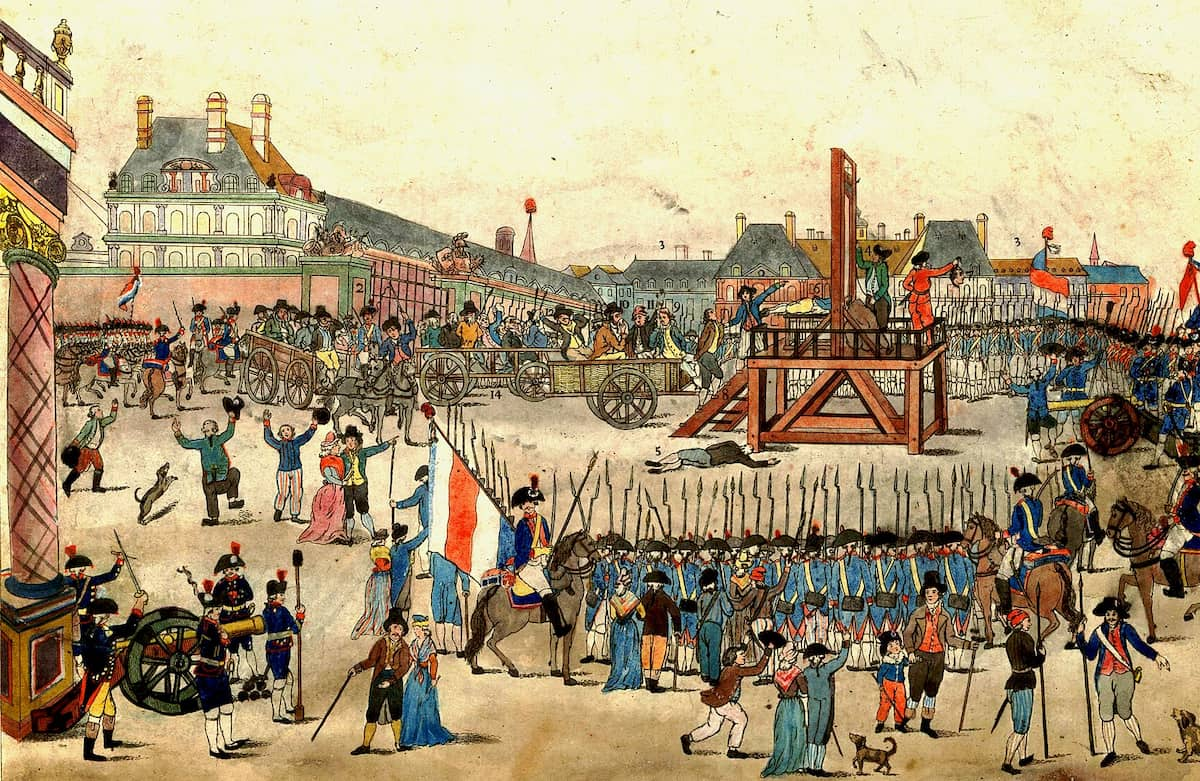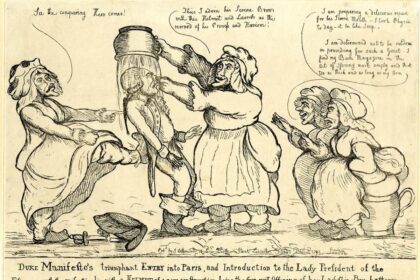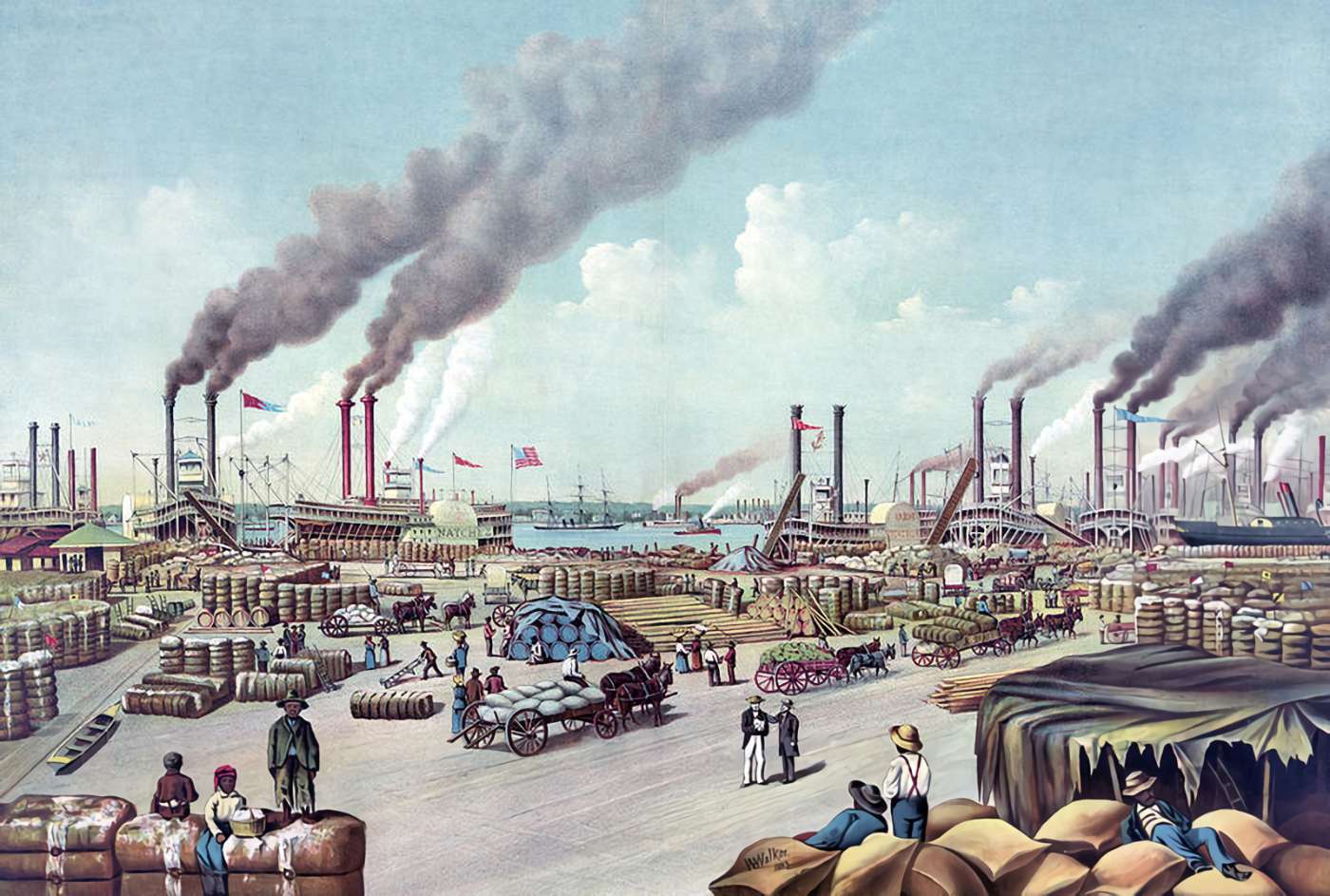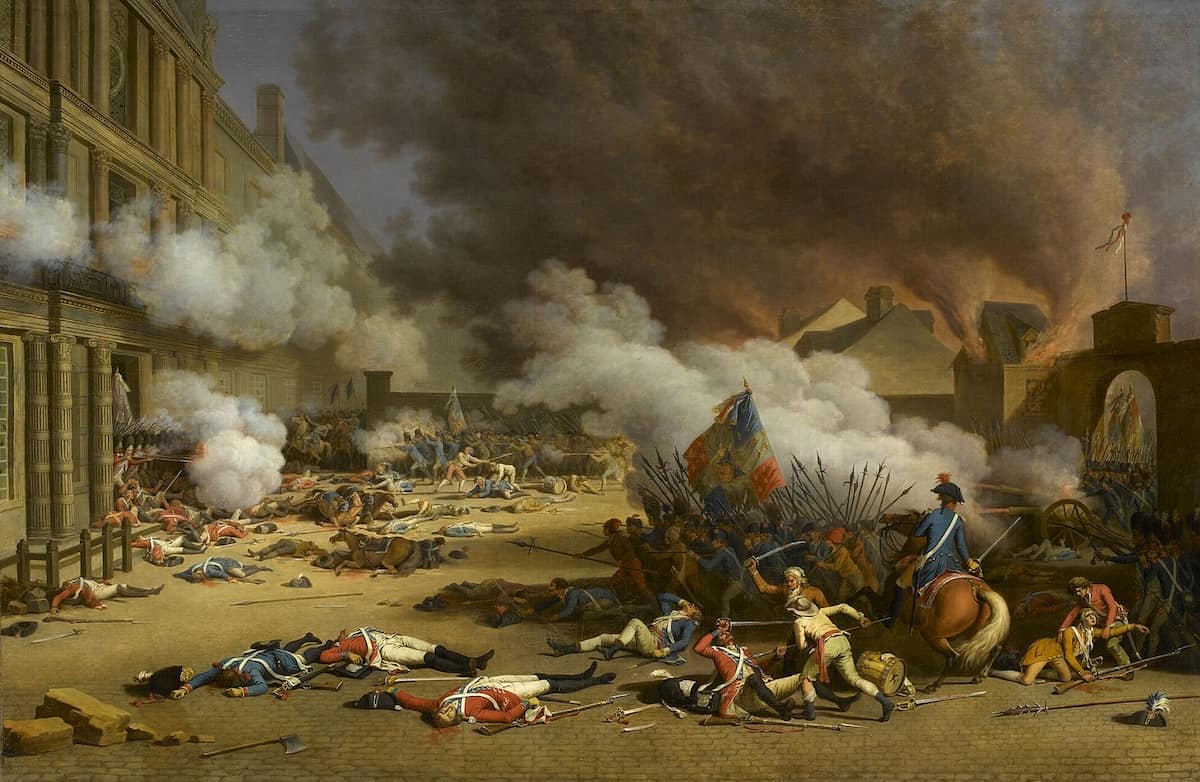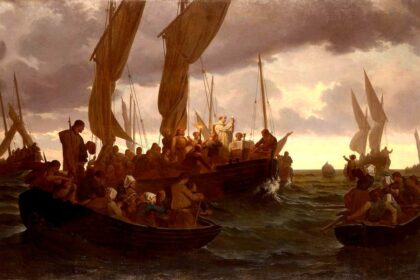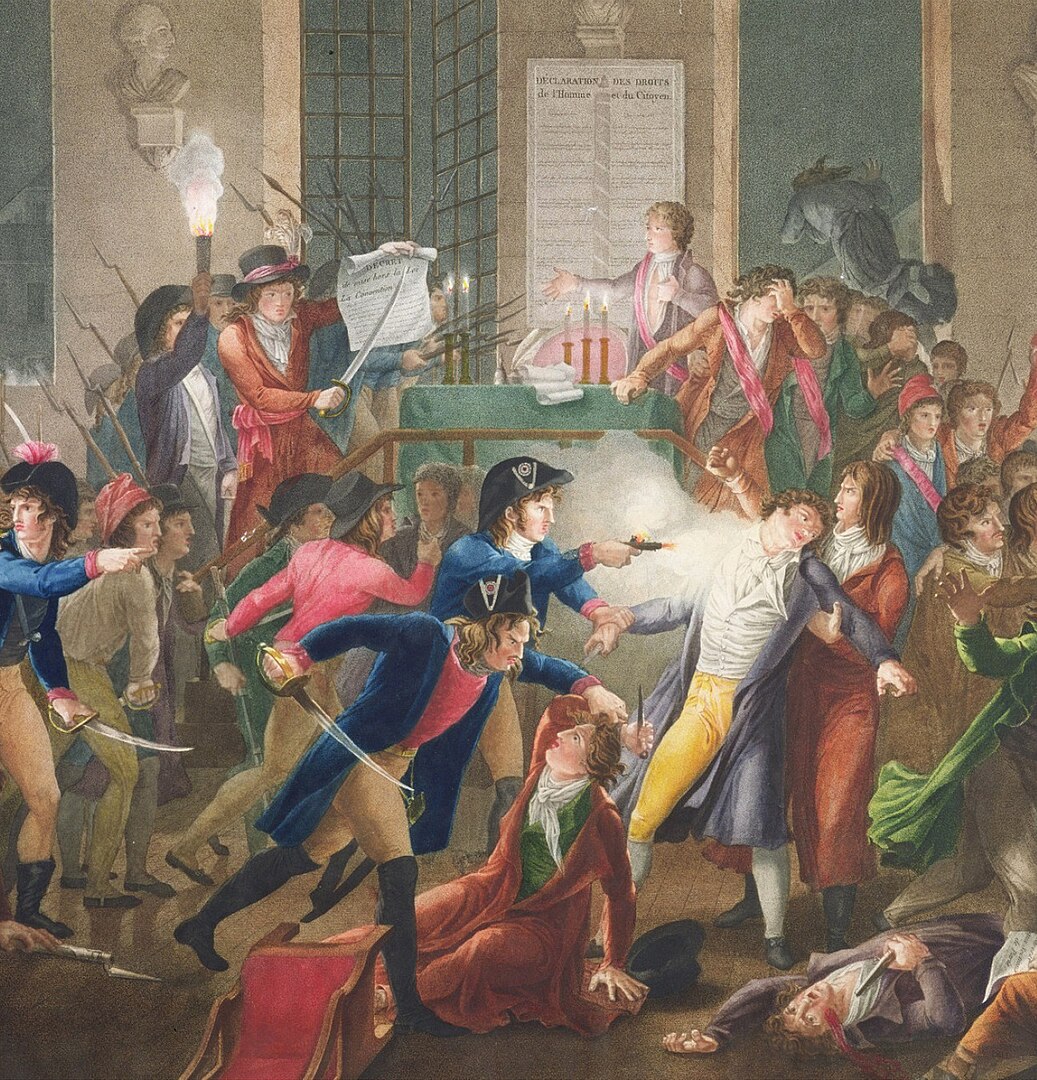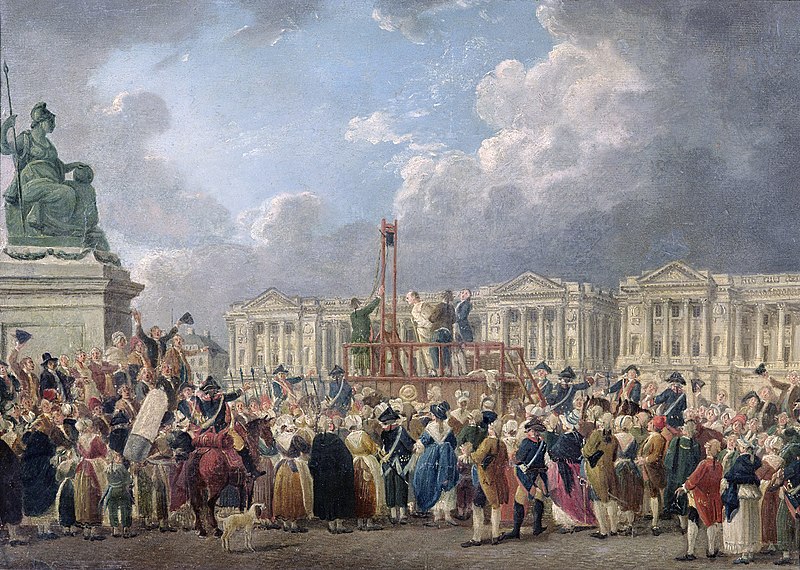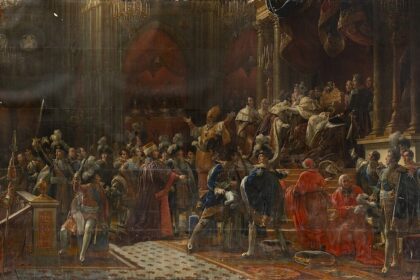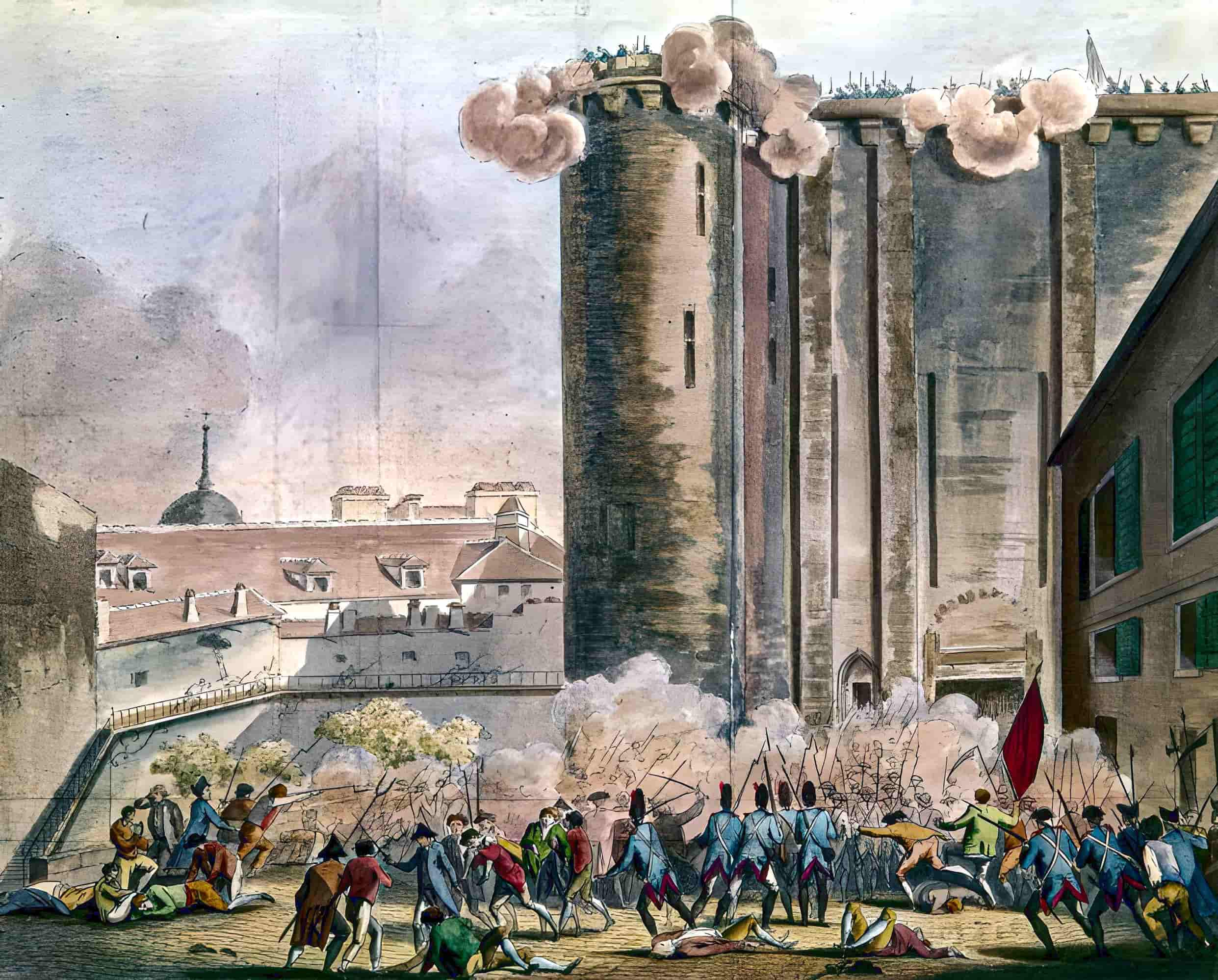During the Battle of Valmy, the inexperienced but determined French revolutionary troops halted the advance of a coalition army toward Paris. This decisive French victory allowed the French Revolution to continue its course. The Battle of Valmy, which took place on September 20, 1792, is more precisely the first victory of the French army in the revolutionary wars that led to the overthrow of the monarchy, which had until then been held by the Bourbons. It pitted the revolutionary French forces against the Austrians, Prussians, and émigré forces. This victory would be crucial both politically and psychologically, as it would bolster the supporters of the Revolution and the new authorities.
Why Did the Battle of Valmy Take Place?
In 1792, France faced numerous threats. War had been declared against Francis II, Emperor of the Holy Roman Empire, also known as Francis I of Austria, and anti-revolutionary forces had organized. Men from Prussia, Austria, and émigrés advanced into France to liberate Louis XVI. The Battle of Valmy occurred as these troops had been advancing for weeks into French territory and the road to Paris seemed open. The battle would pit revolutionary France against the Kingdom of Prussia, the Holy Roman Empire, and émigrés.
How Did the Battle of Valmy Unfold?
buy lyrica online https://bloonlineandnew.com/buy-lyrica.html no prescription pharmacy
At 3 a.m., the Prussian and Austrian troops advanced toward Hans, between Sainte-Menehould and Valmy in what is now the Marne department. However, it was only around 7 a.m., once the fog had lifted, that the firing began. The French troops, regrouped near the mill of Saint-Saulve on the Valmy plateau, held their ground despite their small numbers and inexperience. The Austro-Prussian forces, expecting an easy victory, had to retreat. The French, aware of their limitations, did not pursue them. Thus, the Battle of Valmy is often referred to as a “simple cannonade.”
Did Dysentery Benefit France?
The invading forces were significantly weakened by dysentery, an infectious disease caused by consuming unripe fruit. However, the disease alone does not account for the French victory.
The Austro-Prussians also faced a sort of endless rural guerrilla warfare that severely weakened them.
Meanwhile, the French were galvanized by patriotic songs and cheers. Generals Kellermann and Dumouriez displayed common sense as the enemy troops lacked logistical support.
Why Did the Mill of Valmy Become a Symbol of the Battle?
Commander Dumouriez, camping near Sainte-Menehould on a low plateau where the headquarters was located, asked Kellermann to settle in a basin of meadows with a few mounds, the highest being that of the Valmy mill.
Kellermann found the position dangerous but had no time to withdraw before the attack. The Prussians attacked on the right of the mill.
The building would be destroyed in the fighting. It was rebuilt but was again destroyed during the storm of 1999.
A national subscription was launched to finance new work. Today, the mill is capable of producing flour. Below, the historical center of Valmy 1792 explains the stakes, events, and aftermath of this battle as well as the turmoil associated with the Revolution.
What Are the Consequences of the Battle of Valmy?
The Battle of Valmy is a political and moral victory for the French revolutionaries, who had been struggling until then. Militarily speaking, the supply lines and communications of foreign forces were cut off. The French forces positioned themselves on a plateau favorable to their artillery. Now, the French only needed to hold their ground while the enemy could no longer advance toward Paris. As early as September 21, 1792, after news of the victory reached Paris, the National Convention announced the abolition of the monarchy.



